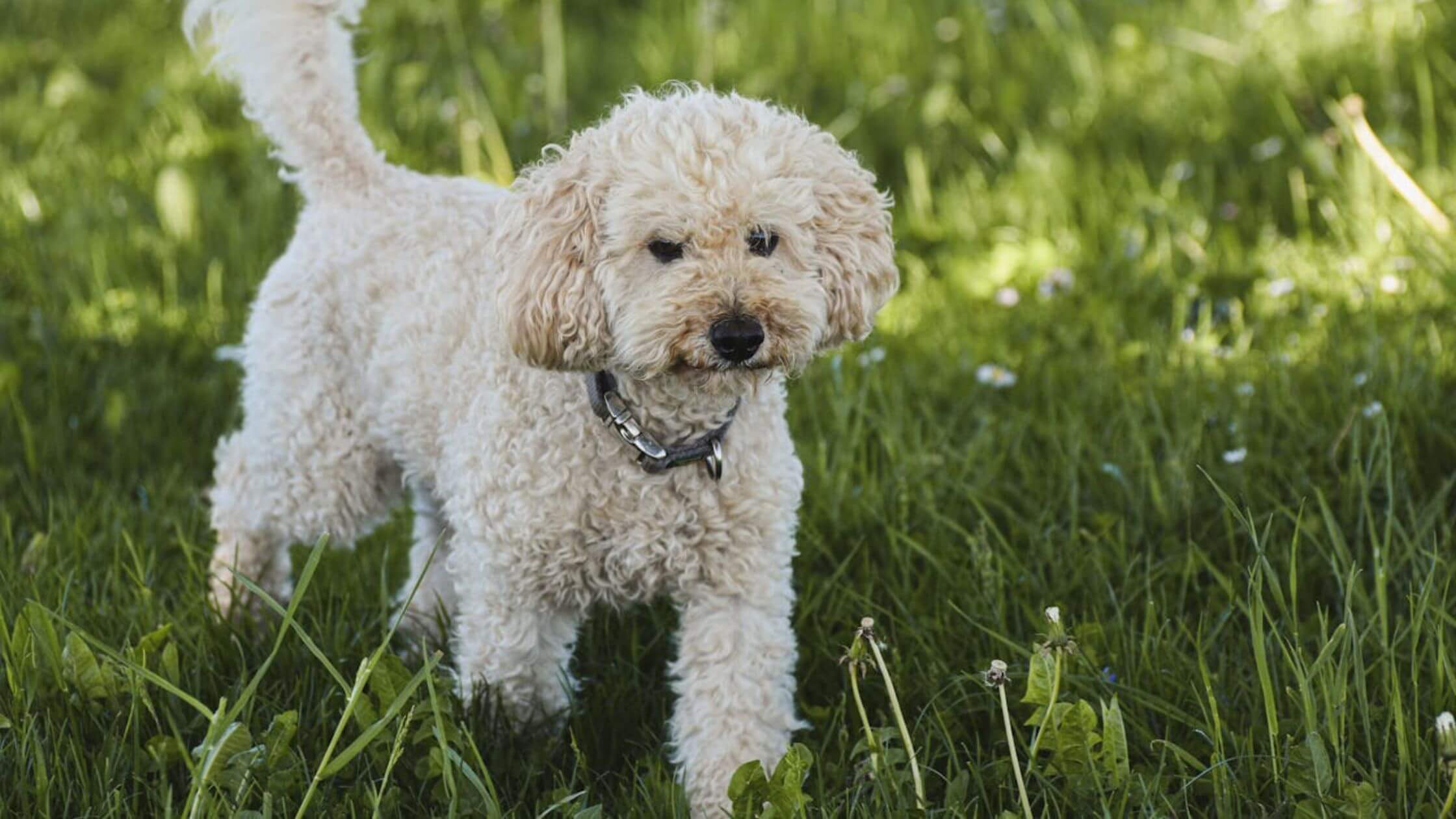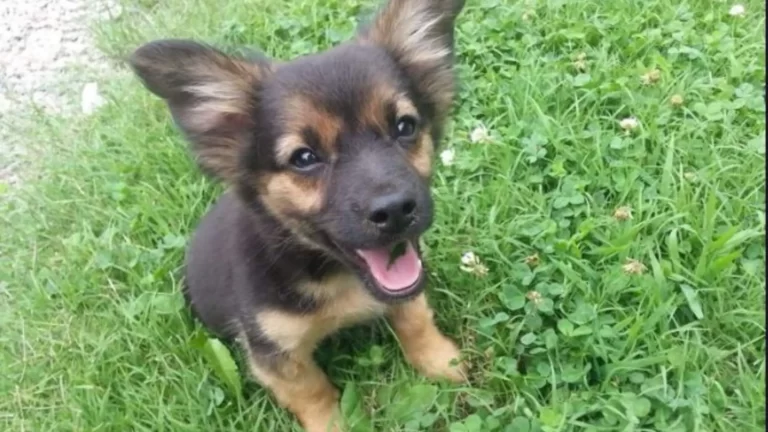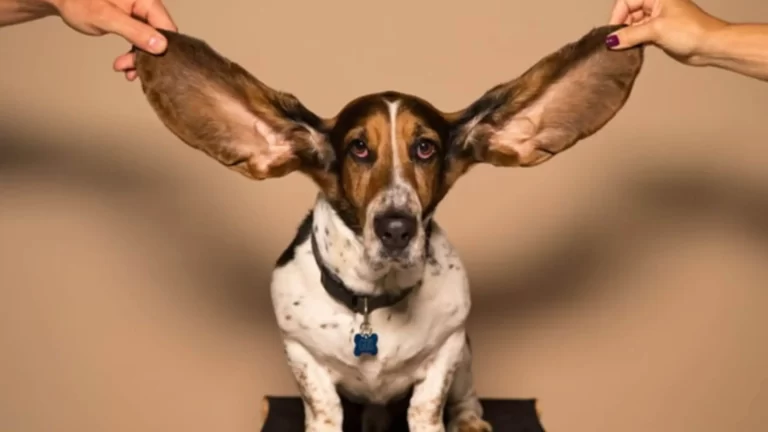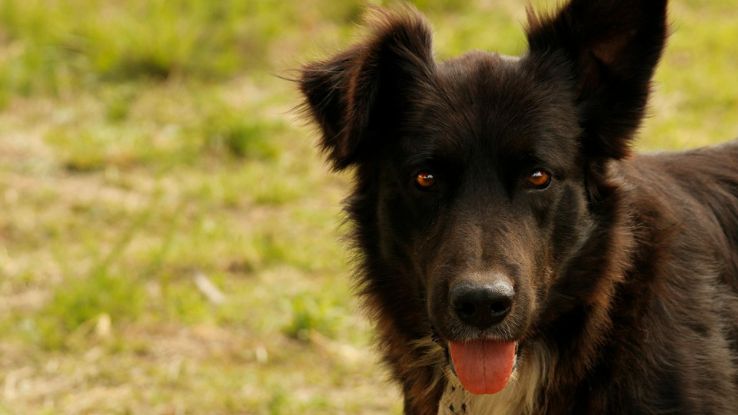Miniature Poodle: A Comprehensive Guide for New Owners
Miniature Poodles are intelligent and lively animals and make the best companions for individuals and families. Initially, they worked as hunters, but not anymore. Today, they are kept as pets because of their loveable, charming, and playful nature.
The American Kennel Club and the Kennel Club of the United Kingdom recognized miniature poodles as a breed in 1887 and 1874, respectively.
This article discusses everything a new miniature poodle owner should know about them. Continue reading to learn more.
History
It’s an issue of dispute, but many believe the first poodle originated in Germany. Poodles are intelligent and agile water dogs bred to help hunters catch ducks from lakes and rivers.
They get their names from the German word ‘pudel’ or ‘pudelin’, which means ‘splash in water.’ The exact origin, as I already mentioned, is controversial however, poodles gained popularity in France. The French noblemen took a liking to poodles and took them as companion dogs.
In France, poodles worked as circus dogs and were trained as truffle hunters. They could smell truffles very strongly and sniff them out, which made them great hunters.
Over the years, breeders have bred poodles into three categories: the Standard Poodle, the Toy Poodle, and the Miniature Poodle. Today, miniature poodles are one of the most popular dogs and are loved by many.
Physical Appearance
Miniature poodles appear elegant and cute with their doe-eyes. They have a narrow muzzle and a long neck. Their strong, curly coat keeps them warm and comes in various colors, including white, black, fawn, and apricot.

Their curly fur is hypoallergenic, making it less likely to trigger allergies in sensitive individuals. This characteristic, with their non-shedding nature, makes them a popular choice for families and individuals who want a dog but may have allergies or prefer a cleaner home environment.
Temperament and Personality
Miniature poodles are friendly dogs. They are cheerful and have a playful nature. If you train them to be sociable from an early age, they won’t have problems interacting with other individuals or dogs.
They are intelligent, energetic, and people-pleasers, which makes their training easy. If trained properly, they will excel in activities and games. They have loads of energy and enjoy playing fetch and swimming.
Miniature poodles will be the perfect addition to your family. They don’t bark much and will be a great furry friend. However, they get attached to people very easily and can get separation anxiety. They might cause problems if left unattended for a long while.
Due to their calm, submissive, and friendly nature, they’re not suitable as watchdogs.
Training Miniature Poodle
You can train a miniature poodle using positive reinforcement techniques. Techniques such as praising them and giving them treats will work well with the breed.
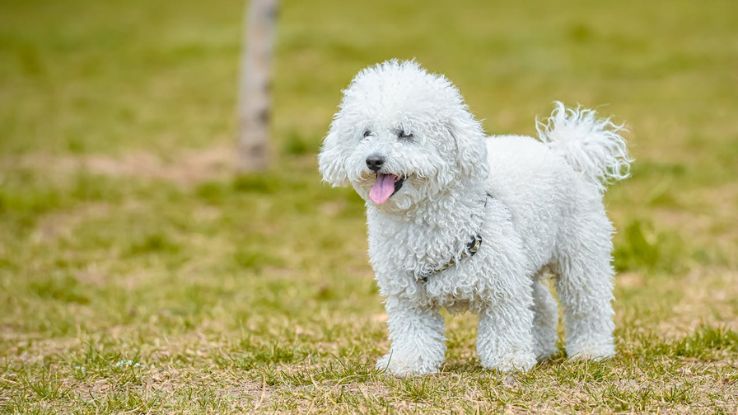
Start with basic commands such as ‘sit,’ ‘come,’ ‘stay,’ etc. Then, gradually move to more advanced training exercises.
They are friendly, and owners must socialize their poodles as soon as possible. This helps them overcome their fear of other dogs and individuals.
Grooming Miniature Poodles
Brushing:
Grooming is very important for miniature poodles as they have distinctive coats. Even though they don’t shed, it’s important to brush and clean your dog regularly to ensure hygiene, prevent matting, and remove dirt and debris that can gather in their curly coats.
Brush every day using a comb to detangle knots and remove loose hair. Regular grooming also helps to keep their skin healthy and allows you to check for any skin issues or parasites.
Bathing:
One should bathe the miniature poodle every 3-4 weeks. You can wash them using a mild dog shampoo and properly rinse them so there’s no soap residue.
Dental Care:
Miniature poodles are susceptible to dental problems. Dental issues such as tartar buildup and gum diseases are very common in this breed. Dog owners should regularly brush their poodles’ teeth and give them dental toys. Regular dental check-ups can help with oral hygiene.
Ear Care:
The ears of miniature poodles are floppy and must be cleaned with a soft cloth once a week. If ignored, ear wax can develop, causing irritation, redness, and ear infections.
Health and Nutrition
Miniature Poodles need about 400-600 calories daily. They should eat 1 to 1.5 cups of food, divided into two meals. Their diet must include protein, healthy fats, and carbohydrates. Don’t forget to keep them hydrated.
Like all dogs, they require regular preventive treatments for fleas, ticks, and worms. Breeders should test their dogs for genetic diseases. Healthy parents produce healthy puppies.
If you have any health concerns about your dog, consult a veterinarian.
Health Problems
Hip Dysplasia:
Miniature Poodles can develop hip dysplasia, which affects the hip joints and leads to pain and mobility problems.
Patellar Luxation:
Patellar luxation occurs when the kneecap dislocates, causing discomfort and lameness. Proper veterinary care and monitoring are crucial for managing this condition.
Progressive Retinal Atrophy (PRA):
PRA is a genetic eye disorder that can cause vision loss in Miniature Poodles. Regular veterinary eye exams can help detect and manage this issue.
FAQ’S
The cost of a miniature poodle depends on its coat. The rarer the color of the coat, the pricier is the miniature poodle. Generally, the cost to buy a miniature poodle ranges from $1000 to $2000. Prices may vary.
Yes, miniature poodles require high maintenance. Their coats need to be regularly brushed and will need professional grooming every 3-4 weeks.
On average, Miniature Poodles live 13-15 years. With the right care, they might even live longer.
Conclusion
Miniature Poodles are lively dogs with unique personalities. You can give your Miniature Poodle the care they deserve by understanding their characteristics, health needs, and grooming habits.
If you’re considering adopting, it’s important to understand what they need and how they act. With proper care, they will be a great addition to your home.

